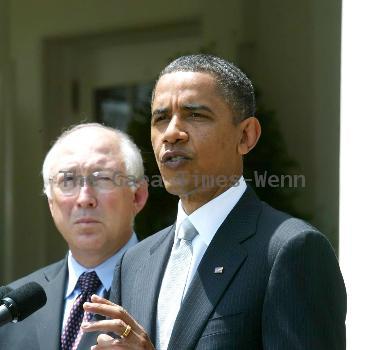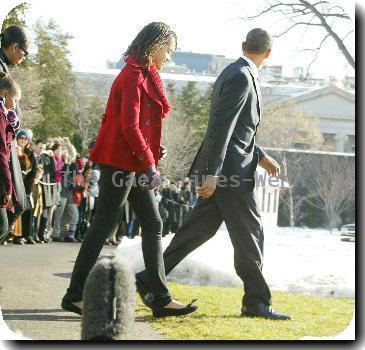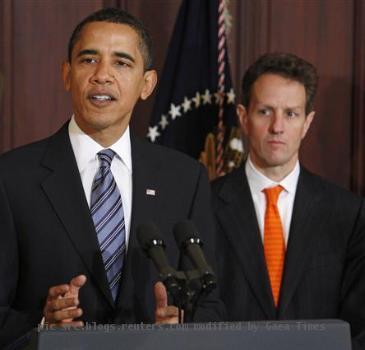Rig’s owner says BP failing to share data needed to determine cause of Gulf oil spill
By Harry R. Weber, APThursday, August 19, 2010
BP accused of withholding ‘critical’ spill data
WASHINGTON — The company that owned the oil rig that exploded in the Gulf of Mexico is accusing BP of withholding critical evidence needed to investigate the cause of the worst offshore oil spill in U.S. history, according to a confidential document obtained by The Associated Press. BP called the claims a publicity stunt.
The new complaint by Transocean follows similar complaints by U.S. lawmakers about difficulties obtaining necessary information from BP in their investigations.
In a sternly worded letter to BP’s attorneys, Transocean said the oil giant has in its sole possession information key to identifying the cause “of the tragic loss of eleven lives and the pollution in the Gulf of Mexico.”
BP’s refusal to turn over the documents has hampered Transocean’s investigation and hindered what it has been able to tell families of the dead and state and federal investigators about the accident, the letter said.
BP and Transocean appear likely to face off in court over how much each should pay out for the tragedy. Transocean owned the Deepwater Horizon, the rig that exploded and sank, killing 11 workers and unleashing millions of gallons of oil. BP was the operator and majority owner of the well.
BP spokeswoman Elizabeth Ashford said Transocean’s accusations were misleading and misguided.
“We have been at the forefront of cooperating with various investigations commissioned by the U. S. government and others into the causes of the Deepwater Horizon tragedy,” Ashford said.
In a biting response late Thursday, BP told Transocean in a letter that Transocean’s claims were “nothing more than a publicity stunt evidently designed to draw attention away from Transocean’s potential role in the Deepwater Horizon tragedy.”
In other spill developments Thursday:
—The U.S. government said the final plugging of BP’s blown-out Gulf well will begin sometime after Labor Day. First, engineers plan a potentially risky maneuver to replace a massive failed piece of equipment on the sea floor. The equipment, called a blowout preventer, is a prime source of interest for investigators. BP senior vice Kent Wells said the company will preserve it intact so it can be analyzed by the government.
“Clearly, I think all of us want to absolutely understand what the root causes are of this,” Wells said.
—A new scientific study provided the first conclusive evidence of an underwater plume from the BP spill, and researchers said it could take months for the oil to break down.
In the dispute over documents, Transocean said that BP released limited records only after the company agreed to sign a confidentiality agreement at BP’s request.
“This is troubling, both in light of BP’s frequently stated public commitment to openness and a fair investigation, and because it appears that BP is withholding evidence in an attempt to prevent any entity other than BP from investigating the cause of the April 20 incident and the resulting spill,” the letter said.
Copies of the letter were also sent to government agencies, commissions and lawmakers investigating the spill’s cause.
Aides for some of those lawmakers told the AP on Thursday that they, too, have had trouble obtaining information from BP.
The Senate Energy and Natural Resources Committee had a “stare down” with BP over some of the data it was seeking, said Bill Wicker, a spokesman for committee chairman Jeff Bingaman, D-N.M.
BP requested that congressional staffers sign a nondisclosure agreement. The committee refused, telling the company that it would send all BP’s information back. Since then, BP has been forthcoming with data, Wicker said.
Rep. Edward Markey, D-Mass, chair of the House’s energy and environment subcommittee, said his staff has also had difficulty “prying information” out of BP.
“I am not surprised Transocean — which may end up in litigation against BP in the future — is encountering similar difficulties,” Markey said.
Markey said it was important that Congress, the presidential commission investigating the accident, and the public have full access to the information.
BP’s outgoing chief executive, Tony Hayward, personally assured the presidential commission of full cooperation, said David Cohen, a spokesman for the commission. The panel recently received new information from the company and is now reviewing whether it matches what they asked for.
President Barack Obama warned months ago that companies involved in the accident needed to work together and with the government on the investigation, saying: “I will not tolerate more finger-pointing or irresponsibility.”
Retired Coast Guard Adm. Thad Allen, the government’s point man on the Gulf oil spill, told the AP during a conference call with reporters Thursday that he was not aware of Transocean’s letter and could not comment on it.
Asked if BP has withheld any information vital to the government, Allen said, “None that I am aware of.”
According to Transocean, BP has rebuffed at least seven of its requests for information. And while BP has turned over some documents, it has not provided Transocean with any information since June 21, and has not even acknowledged the company’s requests since August 3, the letter said.
Transocean said that the limited information it has retrieved from BP came only after the company reluctantly signed a confidentiality agreement.
“Despite our reservations, we agreed to BP’s condition of secrecy because there is no other source of key well data,” the letter said.
Transocean wants 16 pieces of technical information from BP, including pressure tests, logs and other data.
Weber reported from New Orleans.
Tags: Accidents, Barack Obama, Contracts And Orders, Corporate Crime, Environmental Concerns, North America, United States, Veterans, Washington








